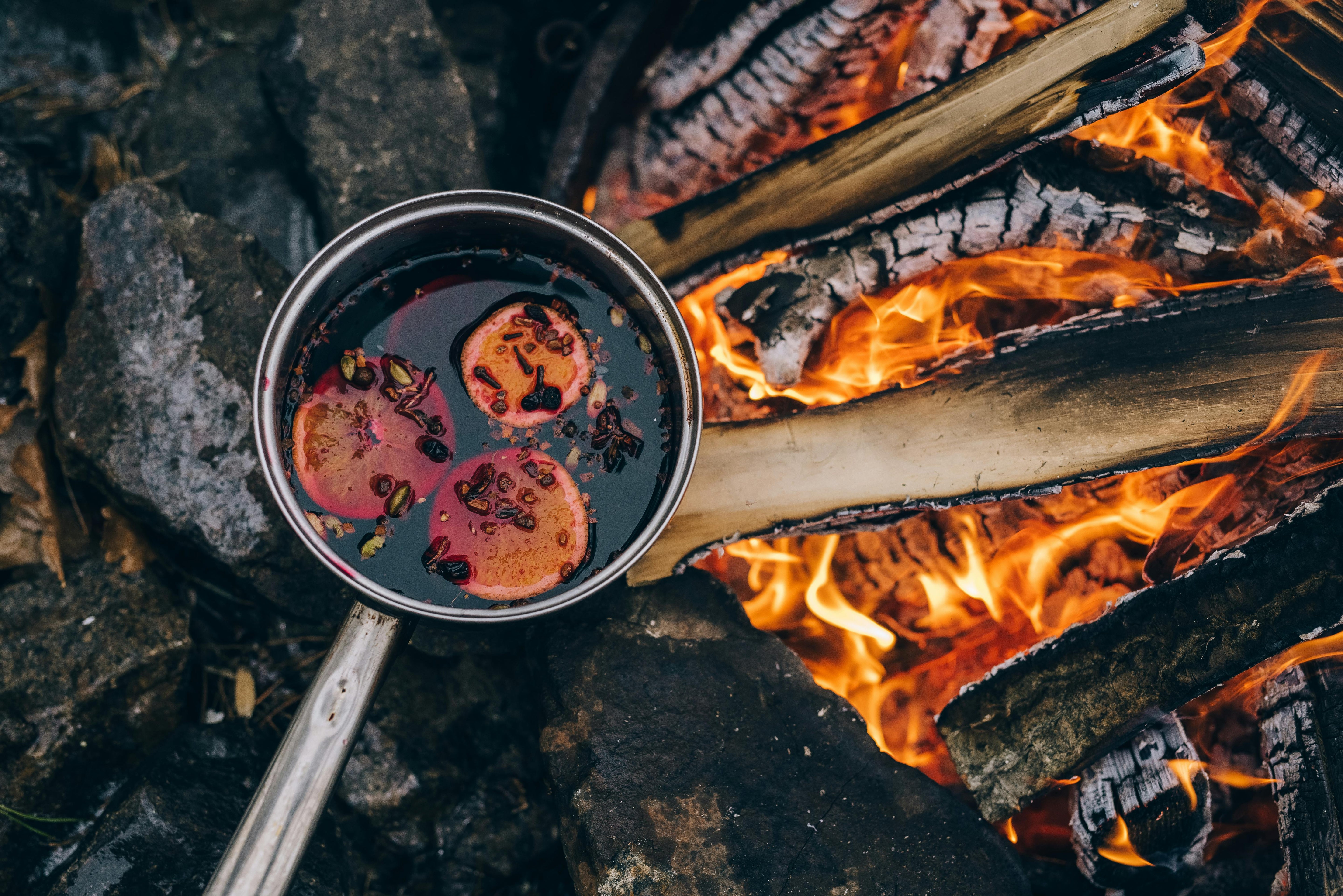

There is poetry to fire. It flickers, breathes, and dances, its warm embrace drawing us closer, its hypnotic glow reminding us of something ancient, something deeply human.
Cooking over an open flame isn’t just about sustenance—it’s about storytelling, tradition, and a reconnection with the rhythms of nature. Across cultures and centuries, fire has been at the heart of the human experience, a force that nourishes, soothes, and unites.
To cook over fire is to surrender to time itself. Unlike the sterile efficiency of modern kitchens, fire asks for patience. It crackles and roars, demanding your attention as embers smolder and flames kiss the food with smoky intensity. A study by the Hearth, Patio & Barbecue Association (HPBA) found that 64% of American households own a grill or smoker, citing relaxation and enhanced flavor as key benefits. The slower pace of fire cooking fosters mindfulness, transforming meal preparation into a ritual rather than a routine.
From the earliest days of human civilization, fire has been a social anchor. Imagine early hunter-gatherers huddled around flickering flames, sharing stories that would shape their culture. Even today, traditions like Argentine asado, where families gather for hours around a wood-fired grill, or Japanese robatayaki, where food is skewered and slowly roasted over glowing embers, reflect this primal connection.
A University of Alabama study found that people feel more relaxed and connected when sitting around a fire, reinforcing its role as a timeless source of comfort and community.
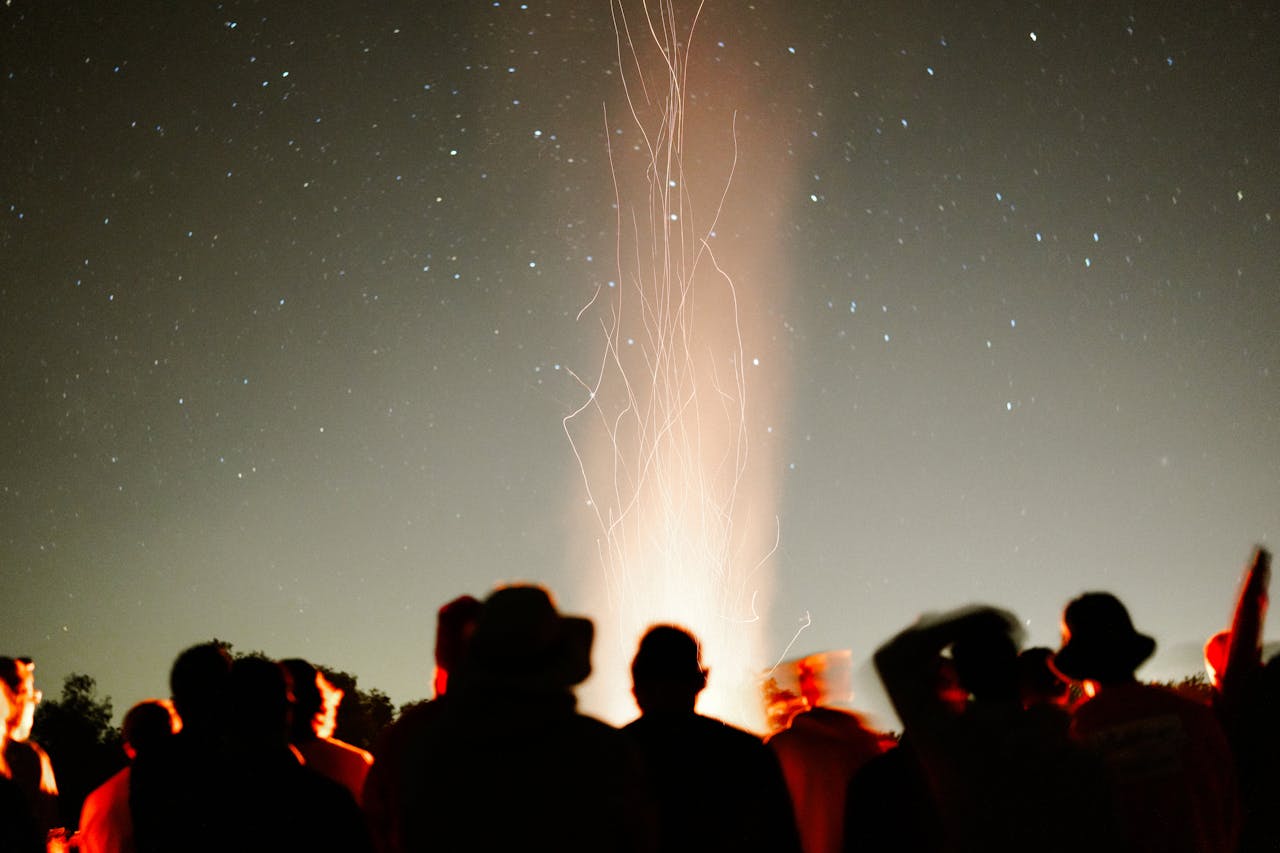
Across cultures, fire has shaped the way we eat. In Mexico, barbacoa is slow-cooked in underground pits, a technique dating back to the Mayans. In India, the tandoor’s blistering heat imparts a distinct char to bread and meats, a practice perfected over centuries. The Smithsonian Institution highlights how ancient civilizations developed underground boasting techniques still in use today, proving that fire cooking is more than nostalgia—it’s a testament to time-honored ingenuity.
The act of cooking over fire is a full-bodied experience. The steady crackle of burning wood, the smoky tendrils curling through the air, the heat radiating against your skin—it’s an immersion into the present moment. Research from the Journal of Environmental Psychology suggests that exposure to fire can lower blood pressure and reduce stress levels. No wonder we find ourselves mesmerized by bonfires, feeling the weight of the world dissolve in the flames.
Fire has a hypnotic quality, a rhythm that calms the mind. A study published in Evolutionary Psychology found that watching fire can lower stress, promote relaxation, and even reduce heart rates. Cooking over an open flame, with its slow tending and intimate engagement, fosters a deep sense of presence, grounding us in a world that often moves too fast.
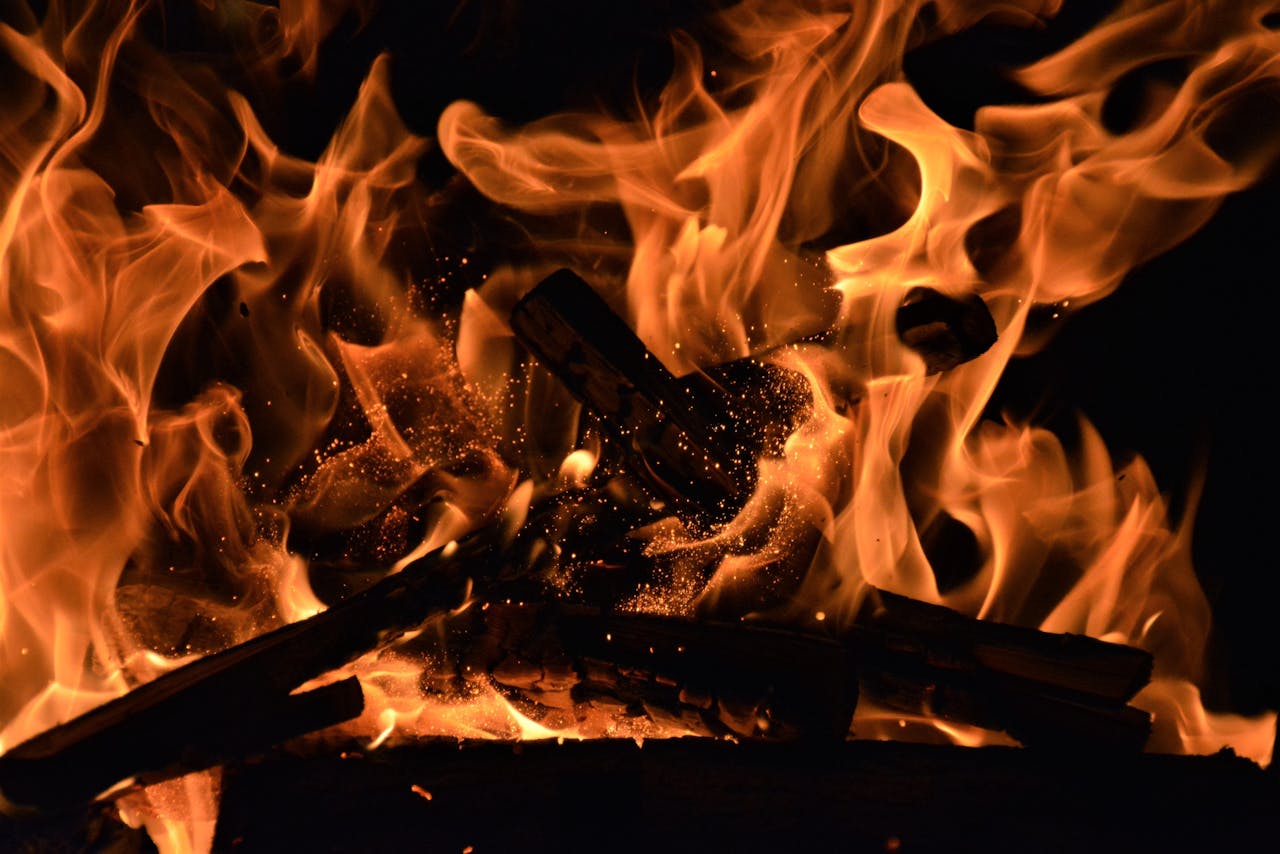
To master fire cooking is to reclaim a lost skill, one that fosters independence. Outdoor survival schools and organizations like the Boy Scouts of America teach fire-building as a core competency, emphasizing the resilience it builds. In an age where convenience often strips us of self-reliance, fire reminds us that with patience and skill, we can create something extraordinary with the simplest of tools.
Fire imparts a transformative quality to food. The Maillard reaction, a chemical process triggered by high heat, enhances the umami depth of meats and vegetables, making them richer and more complex.
Research from the Culinary Institute of America confirms that charred and smoked elements in food activate sensory pleasure points, explaining why wood-fired pizzas, flame-grilled steaks, and ember-roasted vegetables hold an almost mythical appeal. Here, simplicity reigns—few ingredients, no elaborate techniques, just fire doing what it has done for millennia.
A meal cooked in the open air carries with it a different kind of magic. The backdrop of rustling leaves, the scent of pine in the air, the night sky sprawling above—it all contributes to the experience. A report by Kamp grounds of America (KOA) found that 58% of campers cite cooking over an open fire as one of their favorite outdoor activities. Fire cooking not only nourishes the body but deepens our connection with the natural world.
Fire has always been more than a means of cooking—it’s a symbol, a sacred presence in rituals and celebrations. In India, the sacred fire (Agni) is an integral part of Hindu ceremonies, representing purity and divine connection. In Scandinavian and Baltic traditions, massive Midsummer bonfires celebrate the changing of the seasons. The American South’s barbecue culture, deeply influenced by Indigenous and African cooking methods, is a testament to fire’s enduring role in bringing people together. Across time and place, fire
remains a unifying force, a bridge between generations.
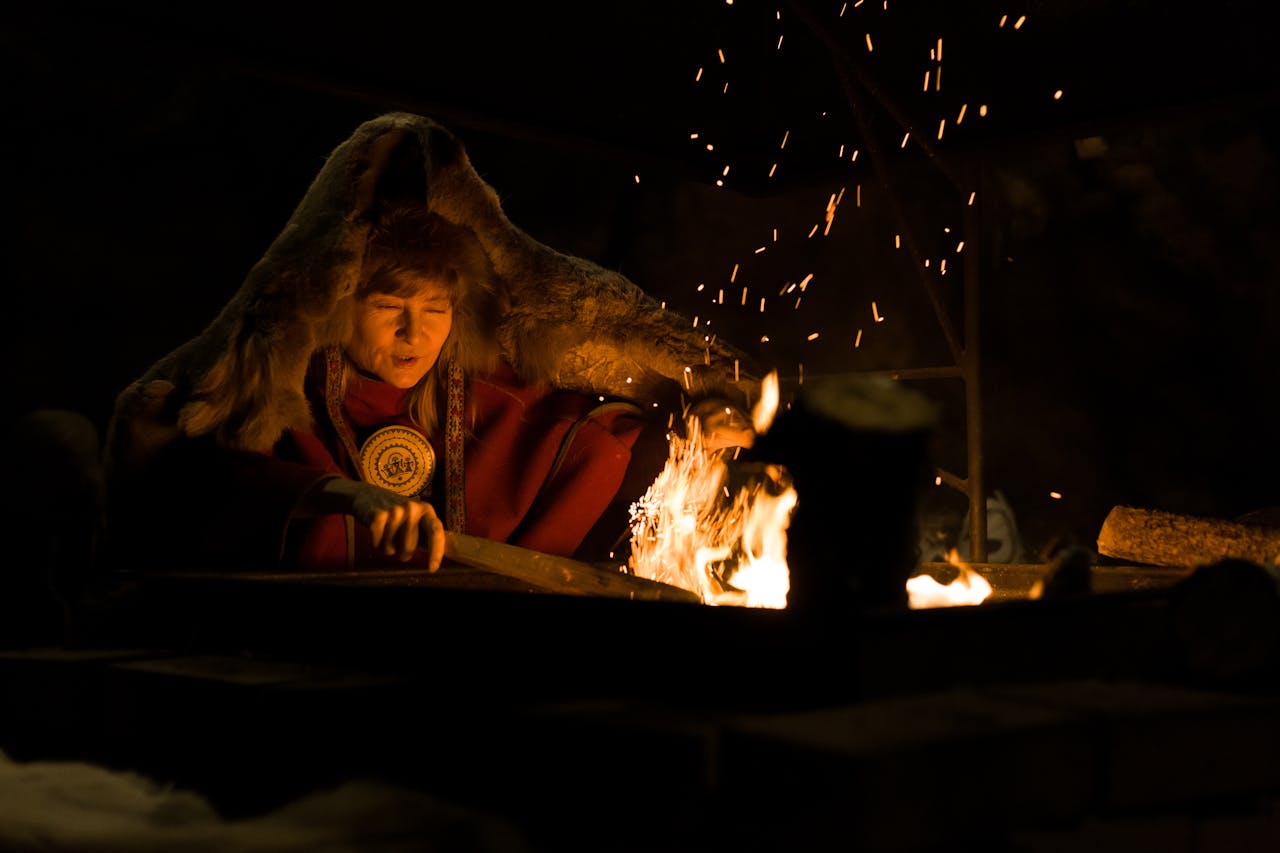
Cooking over an open flame is more than a technique—it’s a return to something elemental, something woven
into the fabric of human experience. It slows us down, heightens our senses, and reconnects us with the land and each other. In a world that often prioritizes speed and convenience, fire asks us to be present, to listen, to savor. Whether gathered around a campfire, tending to glowing embers in a backyard pit, or indulging in the rich tradition of fire-cooked meals, embracing fire is embracing a life more intentional, more connected, and infinitely richer. And with FYBORN, that experience becomes even more seamless.
Designed to enhance every bonfire gathering, FYBORN elevates outdoor cooking with precision, efficiency, and an authentic flame-kissed touch. Whether you're grilling by the lake or slow-roasting under the stars, FYBORN ensures that fire remains not just a means to cook, but a way to create memories that last a lifetime.
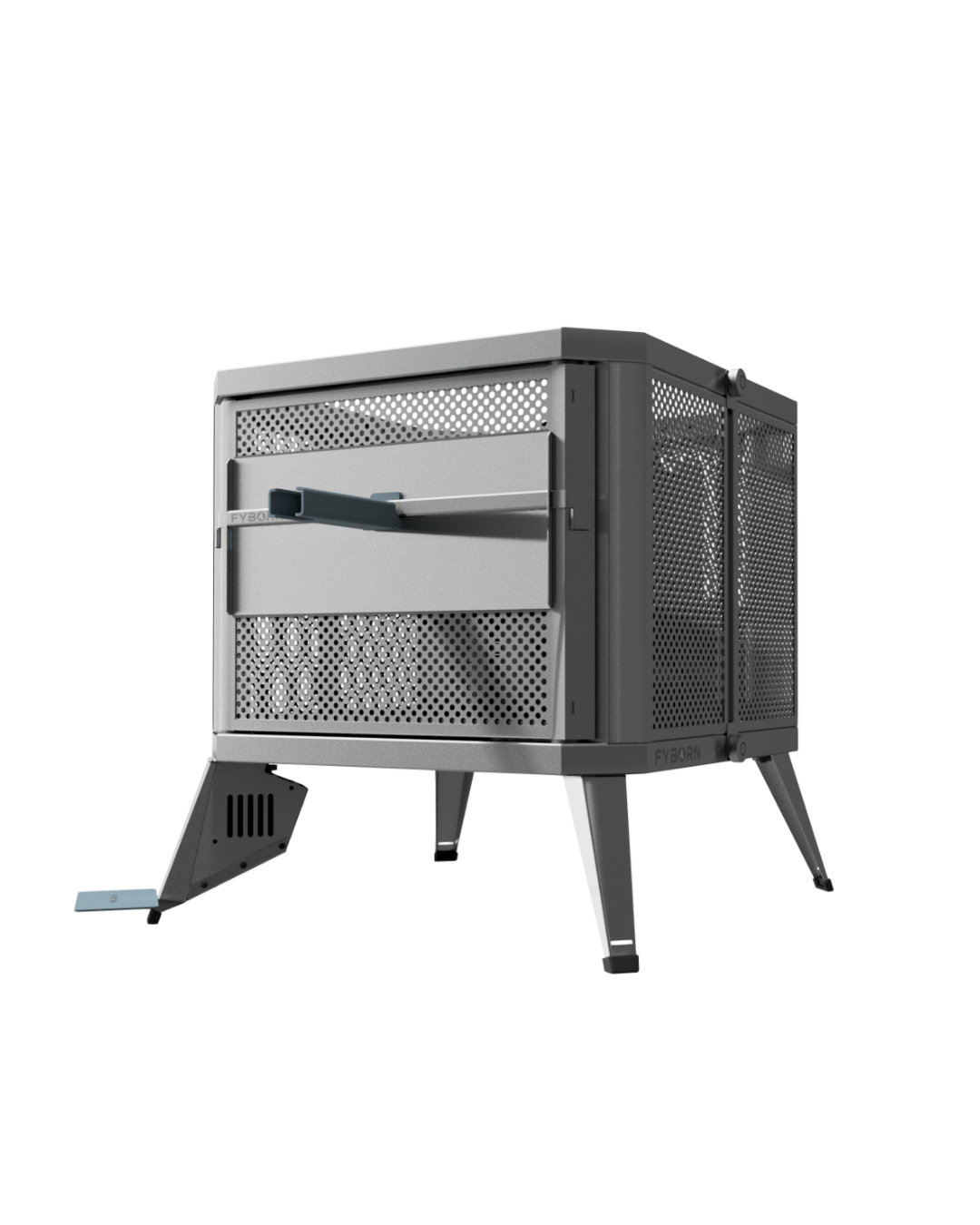
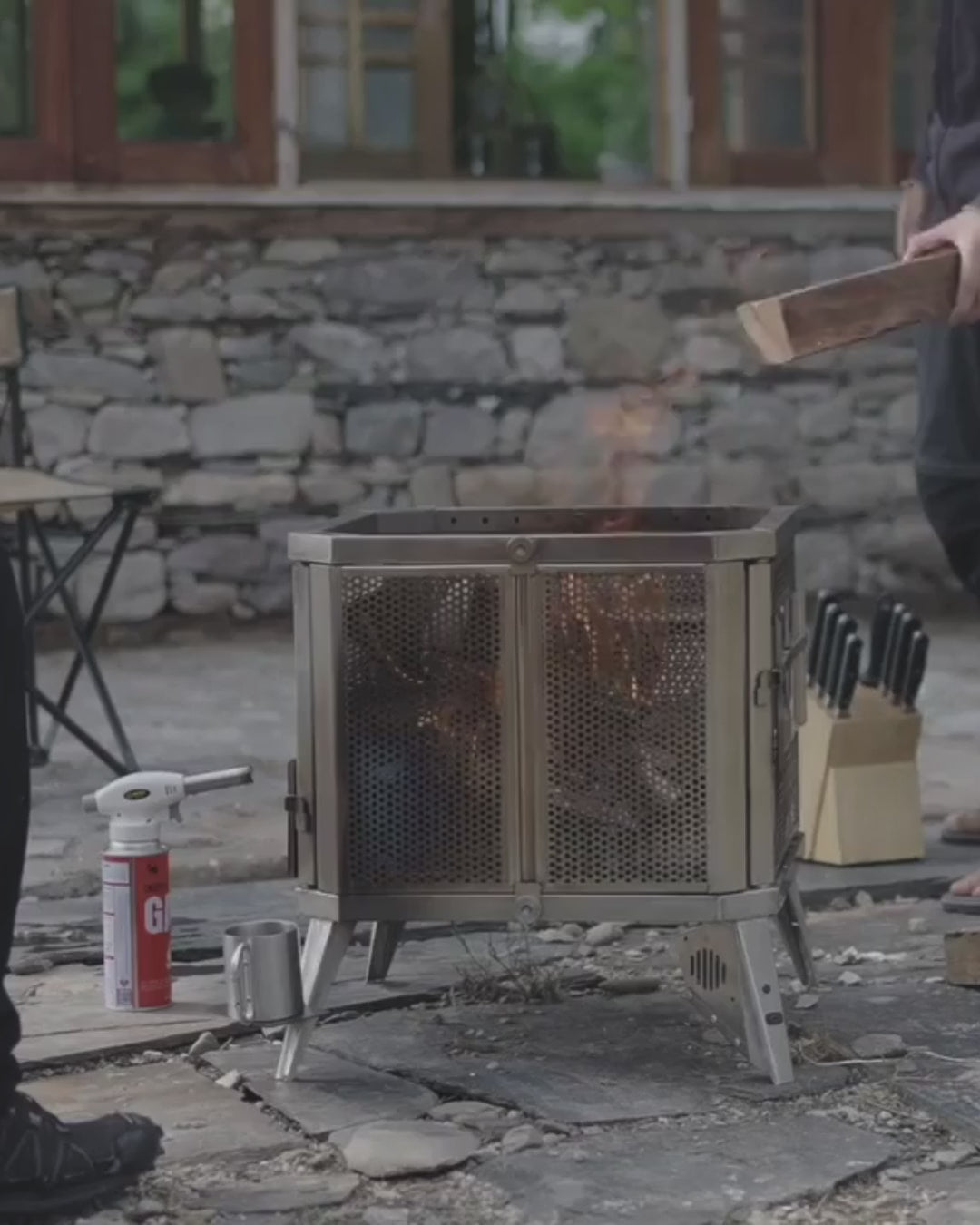
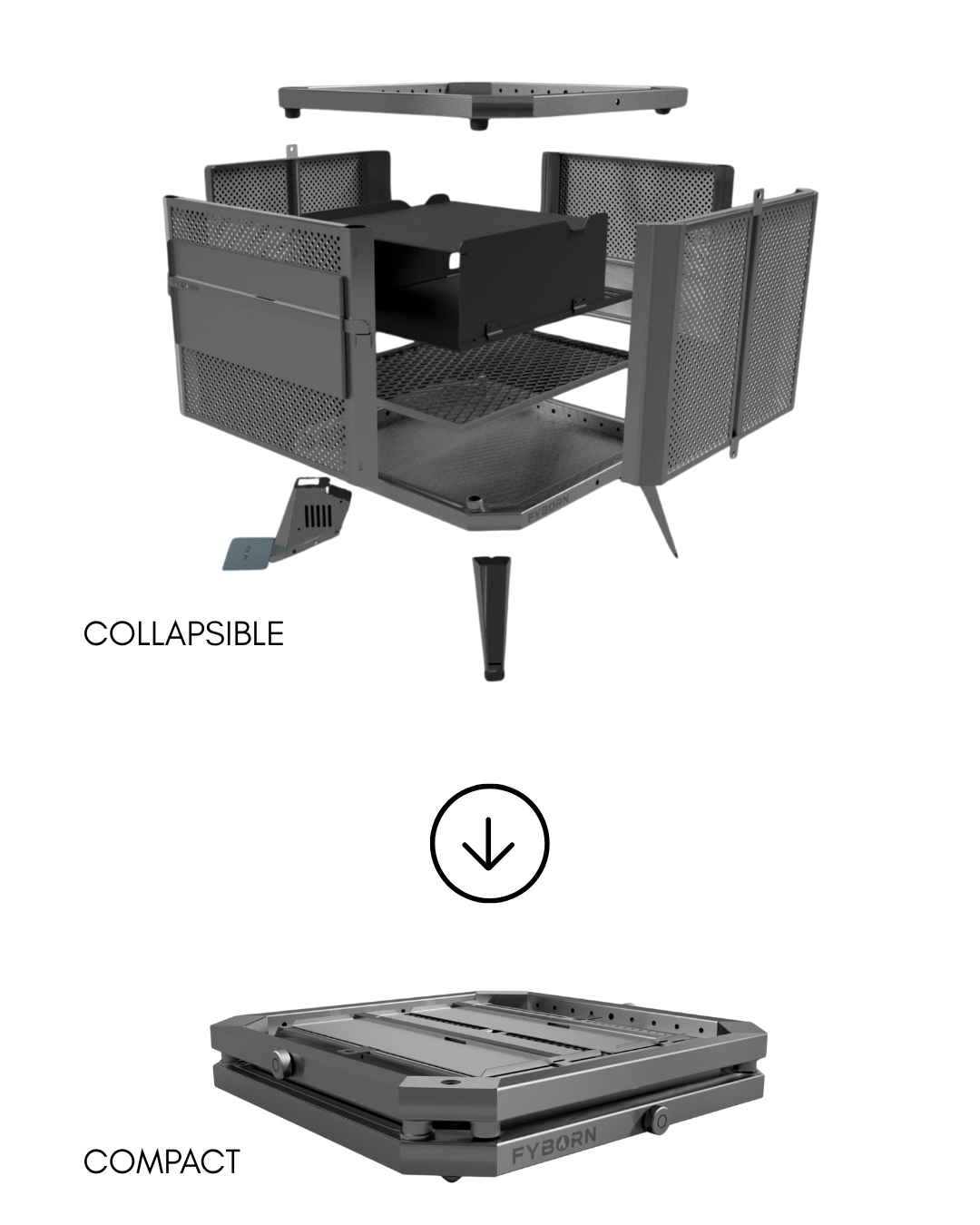
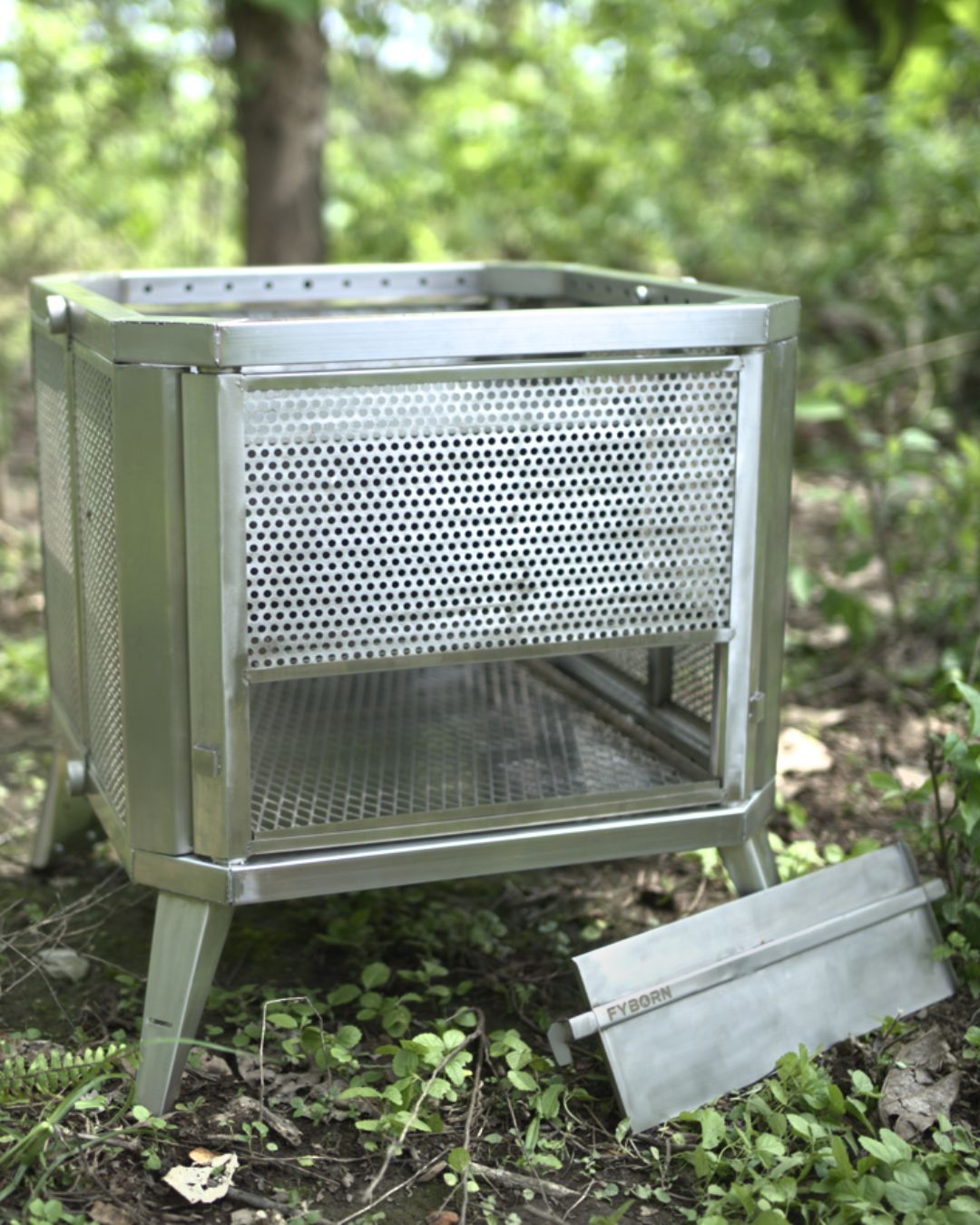
A foldable fire pit that lets you grill over open flames and bake wood-fired pizzas in the great outdoors.
A full-sized 19.5” fire pit that folds down to just 3.5”—compact enough to fit under your seat, powerful enough to take over your night.
Share: